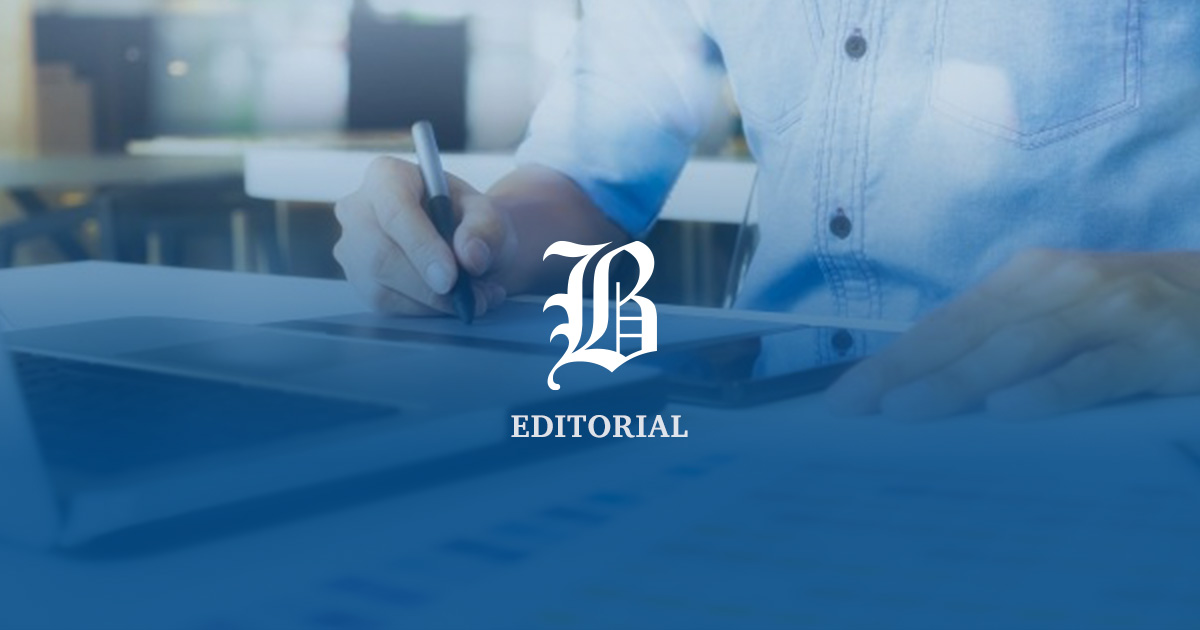
About a year after Thailand under the Prayut Chan-o-cha government could boast about a small improvement in its freedom ranking, as rated annually by Freedom House, the country has suffered a setback with it damningly described as no longer having any freedom at all -- a position it held during the coup years.
With a score of 30, Thailand now disappointingly shares the "not-free" tier with repressive regimes like Afghanistan and the Democratic Republic of Congo. The new ranking by Freedom House is ironic given Thailand's name that means "land of the free". In fact, the country has alternated between "partly free" to "not free" for several years since the 2014 coup led by Gen Prayut.
Altogether 210 countries and territories are rated in two categories, political rights (40) and civil liberties (60). The agency said its 2021 edition involved over 125 analysts and nearly 40 advisers who gathered and analysed data from several sources and was reviewed and published their findings after a consensus among the analysts, outside advisers and Freedom House staff.
Last year, when ranking Thailand which earned 32 points to reach "partly free" status, the agency recognised a "slight reduction in restrictions on assembly and tightly controlled elections" that was seen as a major flaw. However, it said the polls ended the period of direct rule by military commanders.
Apart from Myanmar, in which the military is violently suppressing pro-democracy movement, and countries under one-party communist system like Laos and Vietnam, Thailand has garnered one the lowest marks among its Asean colleagues. Singapore, Malaysia, and Indonesia were labelled "party free", gaining 48, 51 and 59 points respectively. Laos was in the rear on 13 and Vietnam 19 while Cambodia under strongman Hun Sen who has tight control over the country earned 24 points. The two top "freest" Asian countries were Japan and South Korea, on 96 and 83 respectively. The only three countries considered to afford their citizens complete freedom in the report were Finland, Norway and Sweden.
Of its paltry 30-point total, Thailand earned only five out of 40 for political rights, and 25 out of 60 in the civil liberties category. It was rated poorly in the areas of freedom of assembly, civil society space, due process, an independent judiciary, academic freedom and the rights of marginalised people, but scores better in freedom of religion, freedom of movement and personal social freedoms.
In particular, the report highlights the risk of surveillance, arrest, imprisonment, harassment and physical attack for those perceived as critics of the military or the monarchy. It also mentions the notorious Computer Crime Act as a tool to curb online expression, surveillance and censorship. The report cited the use of the lese majeste law as a mechanism to silence critics with its heavy penalties and three- to 15-year jail terms.
And the situation is growing worse with regard to the disproportionate use of harsh laws. For instance, Section 116 and sedition charges were pressed against pro-democracy leaders early last year although the protests were largely calm and peaceful. The escalating violence today is a symptom of unresolved political problems.
It's more than likely that Prime Minister Prayut will be angered by the poor ranking, which bodes ill for his leadership. But putting someone behind bars because of their thoughts will backfire. The army-chief-turned-premier must not forget that political reform backed by sincerity, not chicanery to prolong his power, is the only way out out of this current quagmire.
